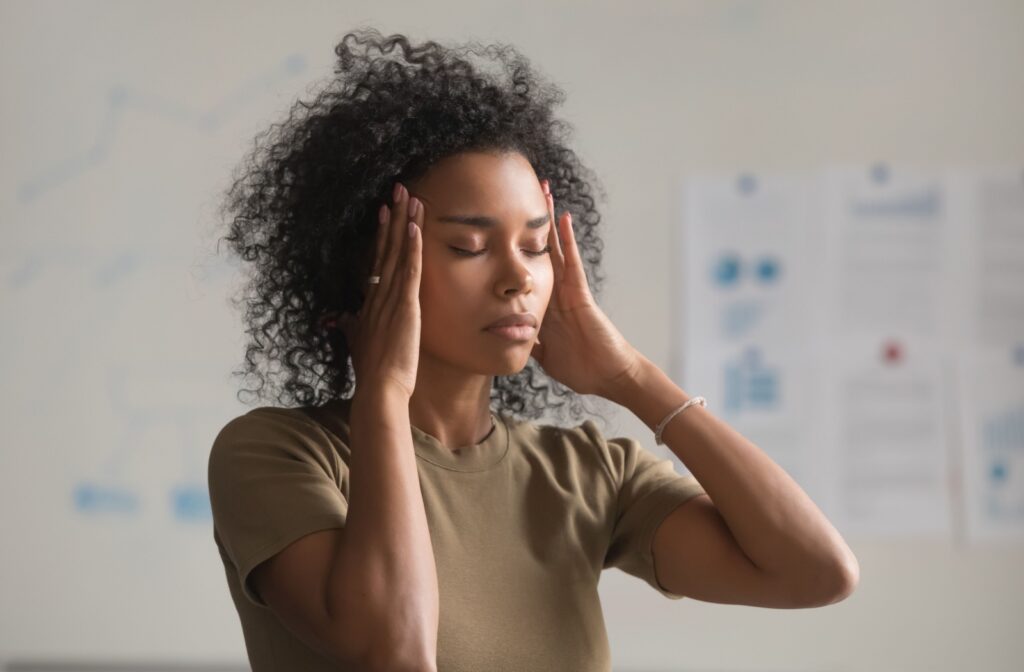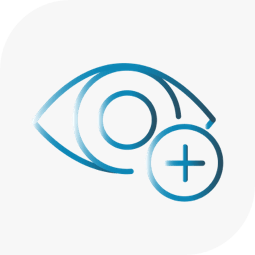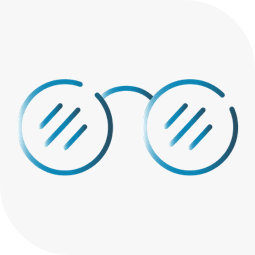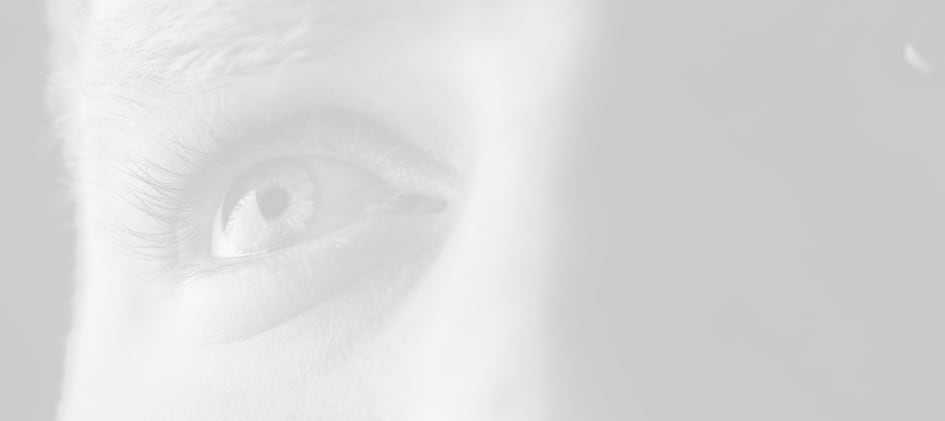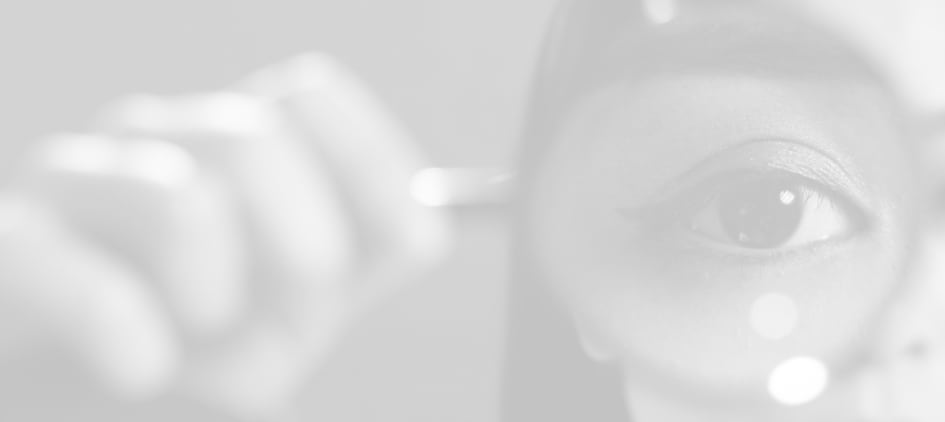You may notice that sometimes, when your eyes feel dry and gritty, your head starts to ache too. It’s a common experience that leaves many people frustrated.
While the two issues are often connected, dry eyes don’t directly cause headaches—the two just often have similar causes. For instance, digital eye strain can cause both headaches and dry eyes.
What Are Dry Eyes?
Dry eye happens when your tears can’t provide enough lubrication for your eyes. This can happen for a couple of reasons: either you don’t produce enough tears, or you produce poor-quality tears that evaporate too quickly. The resulting lack of moisture can leave your eyes feeling uncomfortable and irritated.
Common Symptoms of Dry Eyes
- A stinging, burning, or scratchy feeling
- Redness
- A gritty sensation, like something is in your eye
- Periods of watery eyes followed by dryness
- Blurred vision or eye fatigue
- Discomfort when you wear contact lenses
What Puts You at Risk for Dry Eyes?
- Age: Tear production often decreases as you get older.
- Environment: Dry, windy, or smoky conditions can affect your tears.
- Screen Time: You tend to blink less when you stare at screens, which dries out your eyes.
- Certain Medications: Some medications for allergies, colds, or depression can reduce tear production.
- Medical Conditions: Conditions like rheumatoid arthritis and thyroid disorders are sometimes linked to dry eyes.
The Link Between Dry Eyes & Headaches
So, how does the discomfort in your eyes translate to pain in your head? While one doesn’t cause the other, the two conditions are often linked.
Digital Screens & Discomfort
Many of us spend hours each day in front of computers, phones, or tablets. This prolonged screen time is a well-known cause of digital eye strain, and it can lead to both dry eyes (due to reduced rates of blinking) and headaches (due to the eyes working and focusing too hard).
Migraines & Nerve Sensitivity
For people who experience migraines, the connection between dry eyes and headaches can be even stronger. Some people have sensitive nerve pathways that may make them more prone to both conditions.
How To Know If Your Eyes & Headaches Are Connected
If you suspect that your dry eyes and headaches are linked, pay attention to a few key patterns. These clues can help you identify if the two issues are related.
Notice The Pain’s Location
Headaches related to eye strain often cause pain around your eyebrows, temples, or the front of your head.
Consider The Timing
Does your head start to hurt after activities that require a lot of focus? If headaches appear after long periods of reading, driving, or working on a computer, your lifestyle habits could be the trigger.
Look For Other Symptoms
If your headaches often come with symptoms like burning eyes, redness, or blurry vision, it’s a strong sign that the two are linked and a good reason to consider when you should get an eye exam.
Ways To Manage Dry Eyes
You can take simple steps to find relief from dry eyes. Small changes to your daily routine can make a noticeable difference in your comfort.
Simple Lifestyle Adjustments
- Follow the 20-20-20 rule: Every 20 minutes, take a 20-second break to look at something 20 feet away.
- Stay hydrated: Drink plenty of water throughout the day to help your body, including your eyes, stay hydrated.
- Use a humidifier: Add moisture to the air in your home or office to reduce tear evaporation.
- Wear sunglasses: Wraparound styles can protect your eyes from wind and sun.
Over-The-Counter Options
Lubricating eye drops, often called artificial tears, can offer quick relief for dry eye symptoms. For headaches, over-the-counter pain relievers may help temporarily, but it’s important to address the source of the problem: your eye discomfort. Even nutritional strategies, like incorporating more omega-3s into your diet, can support better tear quality.
When To See Eye Doctors In Collingwood
If at-home care doesn’t provide enough relief, it may be time to get a professional opinion. A thorough eye exam can help identify the root cause of your dry eye and create a path toward more effective, long-term relief.
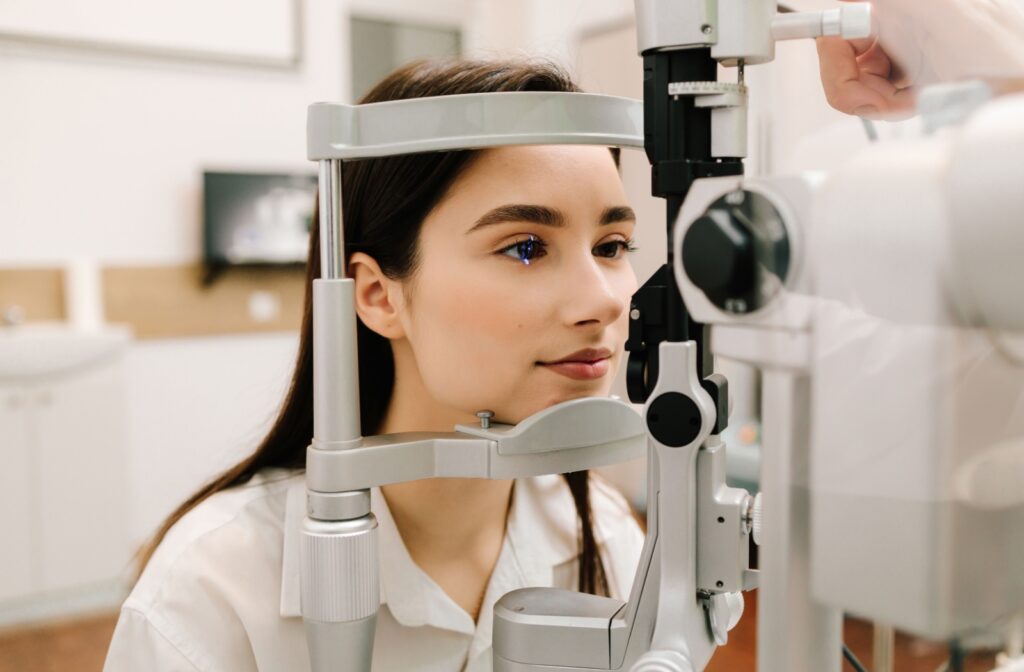
A Professional Look At Your Symptoms
If you’re suffering from both dry eyes and headaches, we can evaluate your tear quality, quantity, and overall eye health. This allows us to determine exactly why your eyes are dry and uncomfortable. It’s the first step toward a personalized treatment plan.
Professional Dry Eye Treatments
Based on the results of an eye exam, our team can recommend a range of professional dry eye treatments that go beyond simple eye drops. Options might include prescription medications to increase tear production or in-office treatments like Intense Pulse Light Therapy (IPL) to improve the function of oil glands in your eyelids.
You don’t have to put up with the double discomfort of dry eyes and headaches. By understanding the connection between these two conditions and taking proactive steps to prevent them, you can work toward feeling better. If you’re ready to find a solution, the team at Collingwood Optometry and Cwood Eyecare are here to help you get the relief you need.


